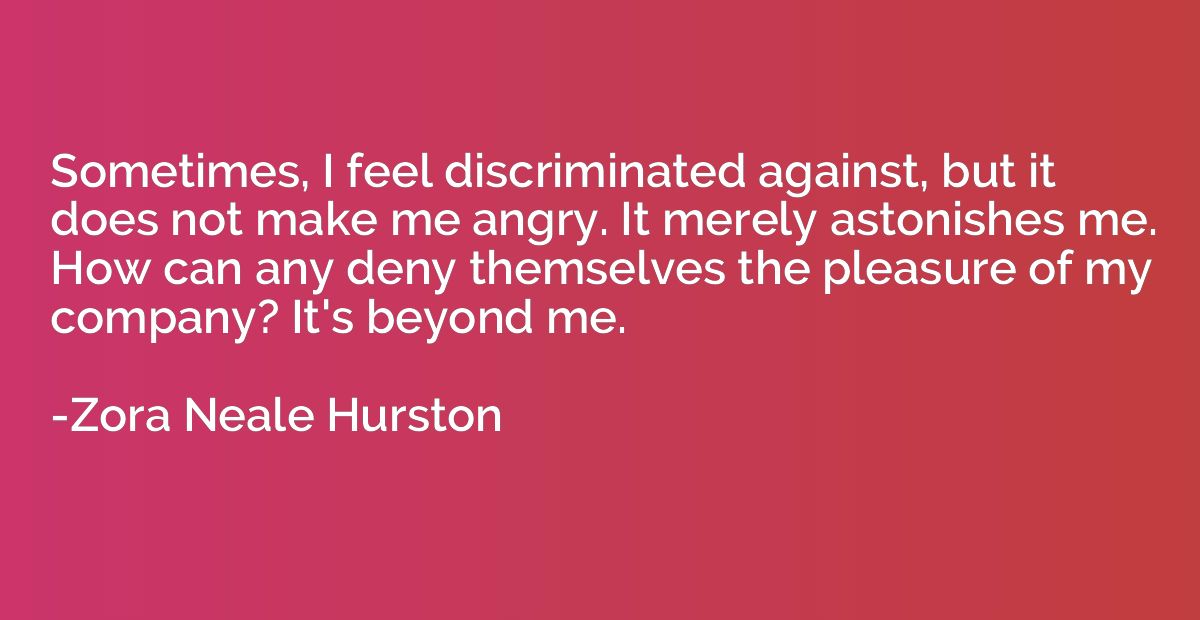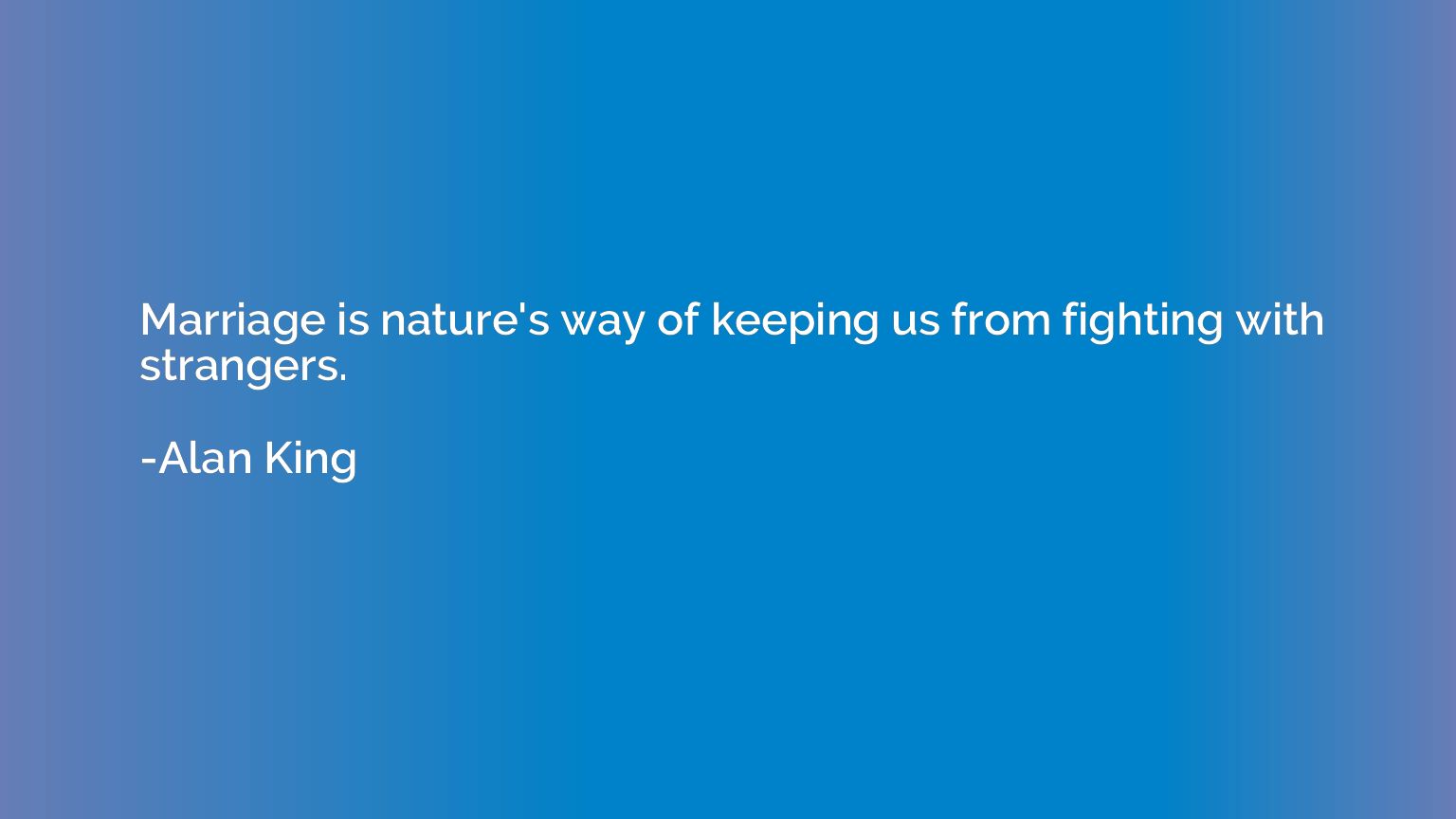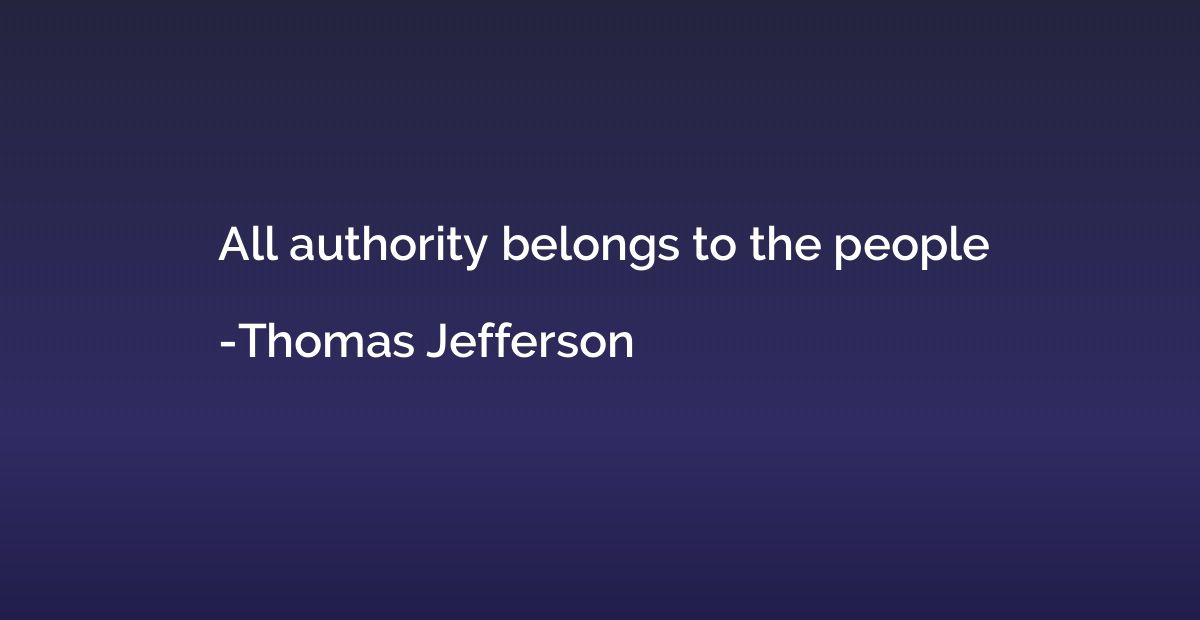Quote by Zora Neale Hurston
Sometimes, I feel discriminated against, but it does not make me angry. It merely astonishes me. How can any deny themselves the pleasure of my company? It's beyond me.

Summary
This quote highlights the speaker's response to feeling discriminated against. Despite facing prejudice, they choose not to react with anger, but rather with astonishment. They express their disbelief that anyone would willingly miss out on the pleasure of their company, implying that they believe their qualities and presence are valuable. This quote suggests that the speaker maintains a confident and positive outlook, refusing to let discrimination dampen their self-worth or affect their ability to appreciate their own worthiness of companionship.














